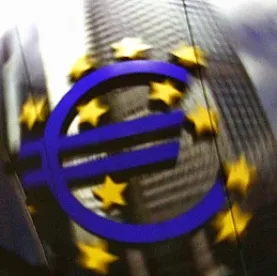On 10 June 2020, the German government published its long-awaited national hydrogen agenda. Earlier, the Dutch government also published its own hydrogen agenda and the policy overlap is clear: as far as the Dutch and the Germans are concerned, hydrogen will play an important role in the future energy supply of Europe.
The Dutch government published its hydrogen agenda on 30 March 2020. In the agenda, particular attention is paid to the creation of potential transportation hubs function which the Netherlands could incorporate into a greater, European hydrogen infrastructure. In addition, multiple references are made to Germany as a neighbouring country and potential hydrogen infrastructure and market partner. Meanwhile, Dutch policies are being further implemented on a local level: the Dutch province of Limburg (situated between Germany and Belgium) recently published its own hydrogen agenda (as did the province of Groningen).
After postponing the publication multiple times, the German Federal Ministry for Economic Affairs and Energy published its national hydrogen agenda on 10 June 2020. In the German agenda there is a strong focus on the production and import of “green” hydrogen, which is hydrogen produced by electrolysis based on renewable energies. In the Netherlands, the financial media has stated that Germany’s focus on hydrogen “will be lucrative for The Netherlands as well”. The German government emphasizes the need for hydrogen imports of hydrogen to meet the expected rise in demand and the Netherlands is in a strategic position both to supply and transport hydrogen. Also, offshore wind is intended to be one of the main sources of renewable energy to supply the electricity for hydrogen production at an industrial scale. To this end, the German government will be looking for cooperation and projects in the North Sea area.
The two countries appear ready to invest in hydrogen projects of all types (including infrastructure, production, and research). Since the national agendas overlap, bilateral cooperation may prove beneficial for both countries and for parties seeking to operate in the hydrogen sector throughout Europe. Yet, current EU regulations may pose an obstacle. Energy sector rules (specifically the EU Third Energy Package) require so-called “ownership unbundling”, which means that the energy generation and sale operations from transmission networks may not be performed by the same entity. This is an important issue that will need to be resolved if the hydrogen goals are to be met.
Hydrogen may be one of the main topics of interest during the German EU Presidency (from 1 July through 31 December 2020). Therefore, more news on hydrogen may soon be forthcoming.





 />i
/>i

